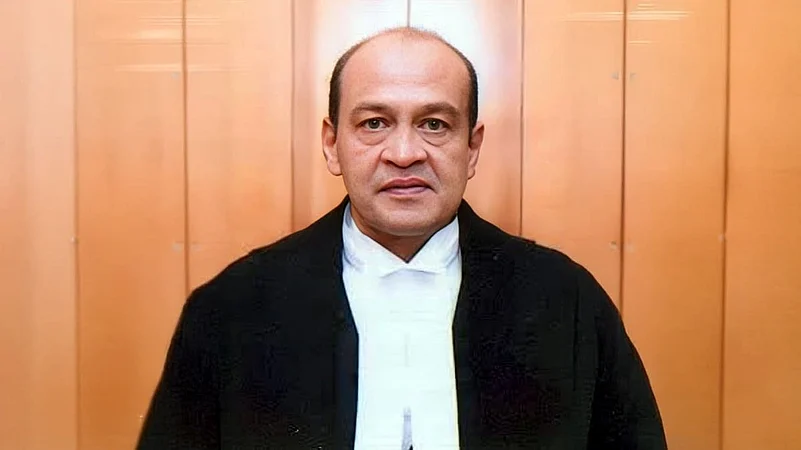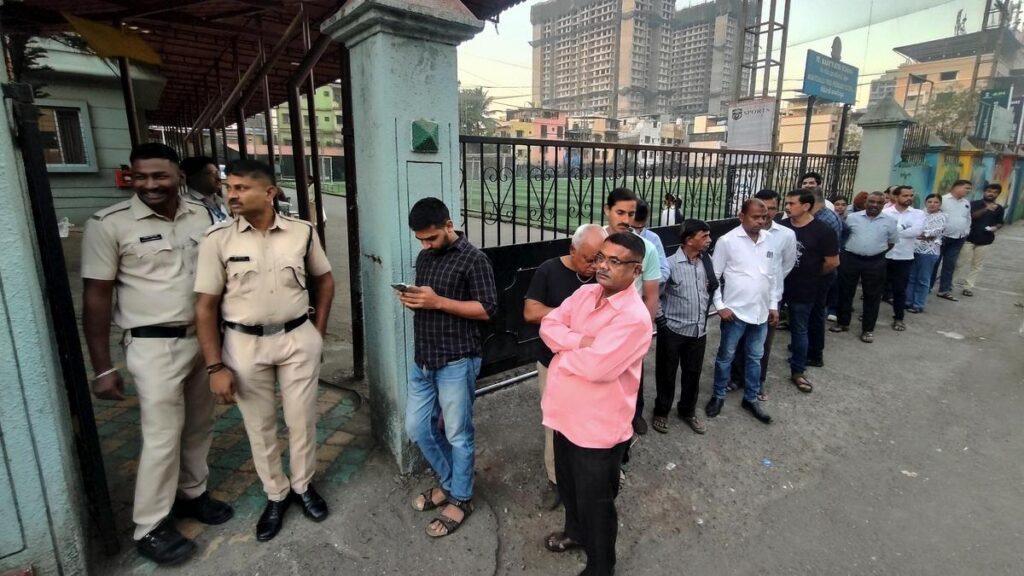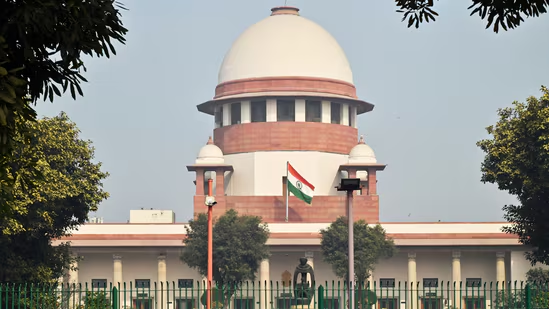Now Reading: Centre Expects Broad Parliamentary Backing for Removal of Yashwant Varma
-
01
Centre Expects Broad Parliamentary Backing for Removal of Yashwant Varma
Centre Expects Broad Parliamentary Backing for Removal of Yashwant Varma

The Union government has expressed confidence that both Houses of Parliament will agree on the motion to remove Yashwant Varma from his statutory post later this session. Senior ministers say preliminary talks with floor leaders indicate “substantial convergence” across party lines, reducing the likelihood of procedural hurdles. While the final vote is still days away, the administration is gearing up for what it views as an essential step to restore credibility to the institution Varma heads.
Who Is Yashwant Varma and Why the Motion?
Yashwant Varma currently chairs a quasi‑judicial regulatory body tasked with overseeing public procurement. Allegations of persistent misconduct—ranging from procedural delays to favouritism in key rulings—have dogged his tenure for months. Two separate internal inquiries and a report by a parliamentary standing committee flagged “serious administrative lapses,” prompting the Cabinet to move a statutory resolution for his removal.
Government Confident of Numbers
Parliamentary Affairs officials claim they have secured informal support from most regional parties, ensuring the required special majority. The ruling coalition argues that Varma’s continuation could undermine transparency and erode investor confidence. “We have shared all evidence with opposition leaders; many recognise this is about institutional integrity, not partisan politics,” a senior minister told reporters.
Opposition Seeks Safeguards, Not Obstruction
Opposition benches concede that the charges are “grave,” yet stress the need for strict adherence to due process. They have demanded that the inquiry reports be tabled in full before the vote. Sources in the main opposition party say they are unlikely to block the motion if transparency conditions are met, though they warn against using the precedent for political vendettas.
Regional Impact and Tier 2 Concerns
MPs from Tier 2 cities—such as Nagpur, Lucknow and Coimbatore—are watching closely. Many of their constituencies rely on fair procurement decisions for local infrastructure projects and MSME contracts. Representatives argue that an efficient, impartial regulator is vital for regional economic growth. Business associations in these cities have already welcomed moves aimed at “cleaning up the system,” citing repeated delays that stalled highway and hospital upgrades.
Constitutional Procedure Ahead
Under the governing Act, removal requires a special majority in both Houses, followed by presidential assent. The debate is expected to begin in the Lok Sabha early next week, with the Rajya Sabha vote likely to follow swiftly. Should consensus hold, Varma would become only the second head of the body to be removed since its inception.
Conclusion
While the final outcome hinges on floor coordination and document disclosure, the government’s optimism suggests a rare moment of bipartisanship on an accountability issue. For citizens and businesses—particularly in emerging urban centres—the episode underscores the importance of watchdog institutions operating without clouded credibility. If Parliament does reach common ground, it could set a meaningful precedent for swift, lawful corrective action in public offices.

























